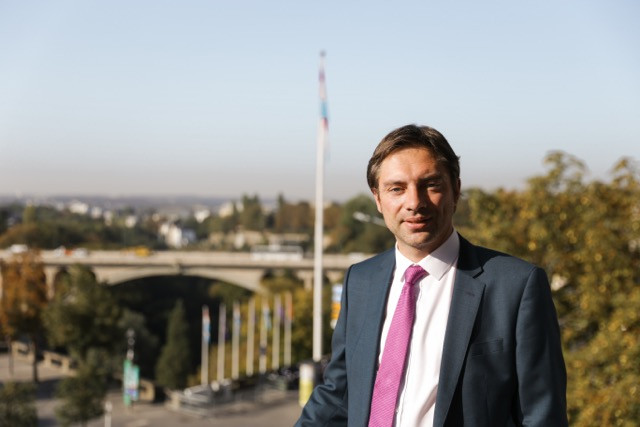Two long-serving members of parliament marked their final day in the Chamber of Deputies on Tuesday. The CSV’s Marco Schank, who was first elected to parliament in 1999 and served as housing minister in Jean-Claude Juncker’s government between 2009 and 2013, is surrendering his mandate to spend more time focused on his work as mayor of the Esch-Sûre commune. He will be replaced on the CSV benches by Jean-Paul Schaaf, who has been the mayor of Ettelbrück since 2003. Schaaf, who was a member of parliament between 2004 and 2013, is however in quarantine.
Meanwhile, one of the most colourful figures in parliament, ADR member Gast Gibéryen, is also stepping down after 31 years as an MP. His seat will be taken up by Fred Keup, who came into the public limelight as the activist behind the “Nee2015” movement that lobbied for a “no” vote in the 2015 referendum on allowing non-Luxembourgers to vote in national parliamentary elections.
In an interview published on Monday by Delano’s sister publication Paperjam, 40-year old Keup said he has had an interest in politics since he was in his early teens. He revealed that he had once been a member of the CSV and even had a membership card for left-wing party Déi Lénk “out of sympathy, because I appreciated their opposition work in the house...today, I wonder how that was possible!”
But it was the referendum that pushed Keup into political activism. “If the Gambia [DP, LSAP, Déi Gréng] government had not arrived, I would never have become engaged,” he told Paperjam. “I was not against it at the beginning, but when they announced the idea at the end of 2014 to hold a referendum on the right to vote for foreigners, I did not agree.”
These days Keup is passionate about “defending” Luxembourgish and says, “the government could do better to give more space to the Luxembourg language.” He is also keen to protect architectural heritage and told Paperjam that he was aghast at “Luxembourg buildings of one or two centuries old being destroyed to make room for soulless white crates.”
And although the ADR questions the growth model on which Luxembourg has become dependent, Keup is also realistic enough to acknowledge that the grand duchy’s future is reliant on its financial centre. “We must do everything we can to keep it. It is vital for Luxembourg. I remember when Prime Minister Pierre Werner (CSV) said, in the face of the steel crisis, that if we did not help Arbed, Luxembourg would be in danger and could disappear. It is the same with the financial sector today.”
Keup rejects accusations that the ADR is a far-right party, and says it has declined rapprochement from the German AfD. “You can be a patriot without being a nationalist,” he said.
